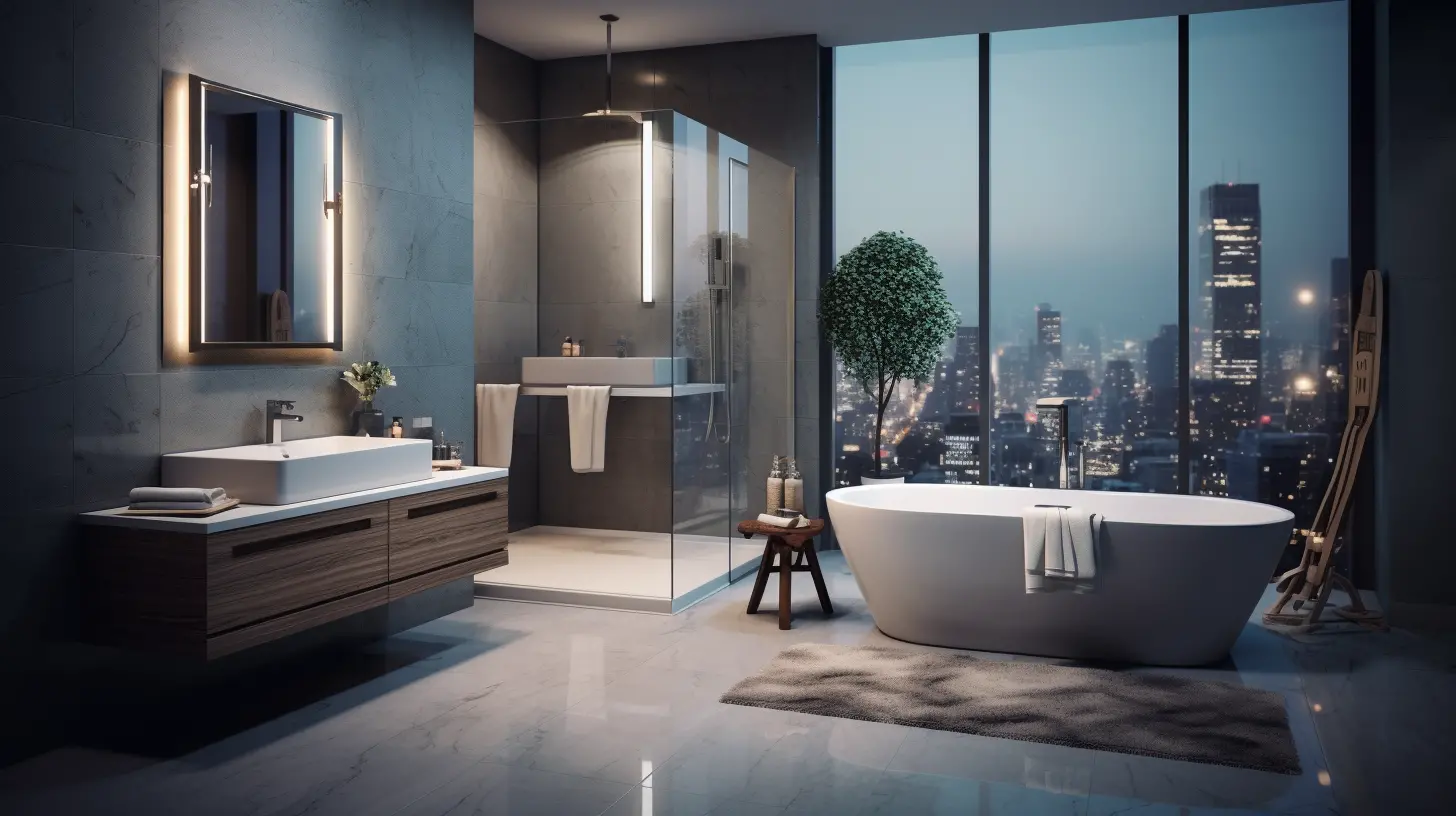
In modern homes, the design and facilities of bathroom space directly affect the quality of life. As an emerging bathroom product, smart toilets are gaining more and more attention and love from families due to their excellent comfort experience. Through innovative functions, it not only improves the user experience of traditional toilets, but also improves the user's personal hygiene level.
The comfort experience of smart toilets is mainly reflected in their rich functional design. First, the warm water flushing function greatly enhances the user's comfort, which can effectively clean while avoiding dryness and irritation. Secondly, the heated seat can provide a warm experience in the cold winter, improving the comfort of toileting.

Smart toilets also often have personalized settings, allowing users to adjust different flushing intensities, seat temperatures and other parameters according to their preferences. This personalized experience allows each user to find the most suitable usage plan for themselves, especially for the elderly and those with limited mobility. Smart toilets can provide them with greater convenience and effectively reduce the physical burden.

It is worth noting that the cleaning function of smart toilets has greatly improved hygiene standards and reduced the risk of bacterial growth. Many models are equipped with self-cleaning functions, which not only improve the user's hygiene experience, but also greatly reduce the cleaning frequency required for traditional toilets. This is undoubtedly an important plus for families pursuing a high quality of life.

In summary, the advantages of smart toilets in terms of comfort experience not only improve personal hygiene, but also bring a new bathroom experience to modern families. By adopting smart technology, it not only provides users with comfort, convenience and cleanliness, but also promotes the development and progress of the bathroom. The popularity of smart toilets will further improve our quality of life and is worth considering for every family.
